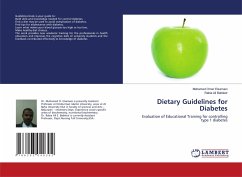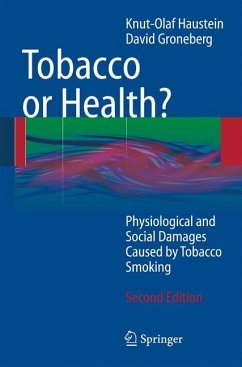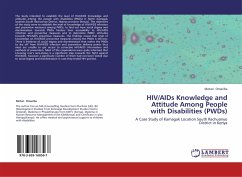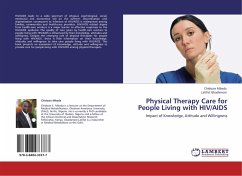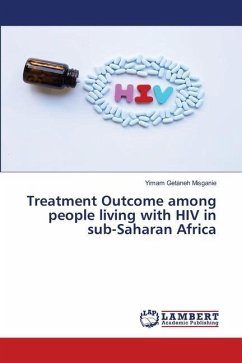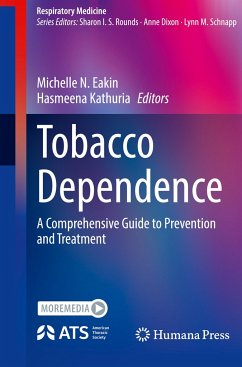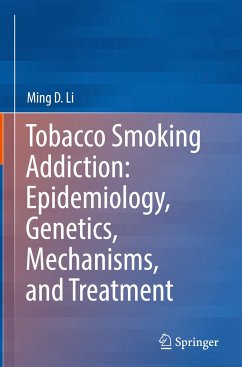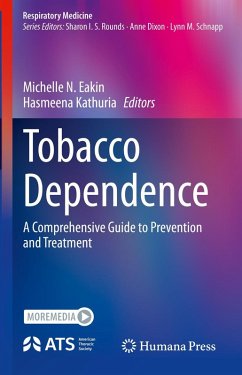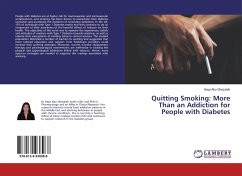
Quitting Smoking: More Than an Addiction for People with Diabetes
Versandkostenfrei!
Versandfertig in 6-10 Tagen
36,99 €
inkl. MwSt.

PAYBACK Punkte
18 °P sammeln!
People with diabetes are at higher risk for macrovascular and microvascular complications, and smoking has been shown to exacerbate their diabetes outcomes and accelerate the incidence of secondary symptoms. In the UK, 17% of individuals with Type 1 Diabetes smoke and they continue to do so irrespective of their awareness of the harmful effects of tobacco on their health. The objectives of this work was to examine the experiences, beliefs and attitudes of smokers with Type 1 Diabetes towards smoking, as well as explore their perceptions of existing tobacco control services. The studied populat...
People with diabetes are at higher risk for macrovascular and microvascular complications, and smoking has been shown to exacerbate their diabetes outcomes and accelerate the incidence of secondary symptoms. In the UK, 17% of individuals with Type 1 Diabetes smoke and they continue to do so irrespective of their awareness of the harmful effects of tobacco on their health. The objectives of this work was to examine the experiences, beliefs and attitudes of smokers with Type 1 Diabetes towards smoking, as well as explore their perceptions of existing tobacco control services. The studied population identified a number of barriers to quitting and suggested that more tailored education and support from healthcare providers could increase their quitting attempts. Moreover, current nicotine replacement therapy and pharmacological interventions are ineffective in tackling the physical and psychological addictions linked with tobacco. Hence, more rigorous strategies are needed to suppress the cravings associated with smoking.



